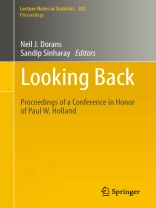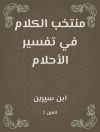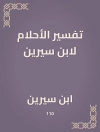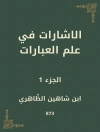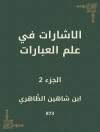In 2006, Paul W. Holland retired from Educational Testing Service (ETS) after a career spanning five decades. In 2008, ETS sponsored a conference, Looking Back, honoring his contributions to applied and theoretical psychometrics and statistics. Looking Back attracted a large audience that came to pay homage to Paul Holland and to hear presentations by colleagues who worked with him in special ways over those 40+ years. This book contains papers based on these presentations, as well as vignettes provided by Paul Holland before each section.
The papers in this book attest to how Paul Holland’s pioneering ideas influenced and continue to influence several fields such as social networks, causal inference, item response theory, equating, and DIF. He applied statistical thinking to a broad range of ETS activities in test development, statistical analysis, test security, and operations. The original papers contained in this book provide historical context for Paul Holland’s work alongside commentary on some of his major contributions by noteworthy statisticians working today.
สารบัญ
The Contributions of Paul Holland.- Algebraic Statistics for p1 Random Graph Models.- Mr. Holland’s Networks: A Brief Review of the Importance of Statistical Studies of Local Subgraphs or One Small Tune in a Large Opus.- Some of My Favorite Things About Working at ETS.- Bayesian Analysis of a Two-Group Randomized Encouragement Design.- The Role of Nonparametric Analysis in Assessment Modeling: Then and Now.- What Aspects of the Design of an Observational Study Affect Its Sensitivity to Bias From Covariates That Were Not Observed?.- The Origins of Procedures for Using Differential Item Functioning Statistics at Educational Testing Service.- Why I Left ETS and Returned.- Cause or Effect? Validating the Use of Tests for High-Stakes Inferences in Education.- Propensity Score Matching to Extract Latent Experiments From Nonexperimental Data: A Case Study.- Returning to ETS from Berkeley.- Loglinear Models as Smooth Operators: Holland’s Statistical Applications and Their Practical Uses.- Chain Equipercentile Equating and Frequency Estimation Equipercentile Equating: Comparisons Based on Real and Simulated Data.- An Observed-Score Equating Framework.- Great Colleagues Make a Great Institution.- An Exploratory Analysis of Charter Schools.- Holland’s Advice for the Fourth Generation of Test Theory: Blood Tests Can Be Contests.
